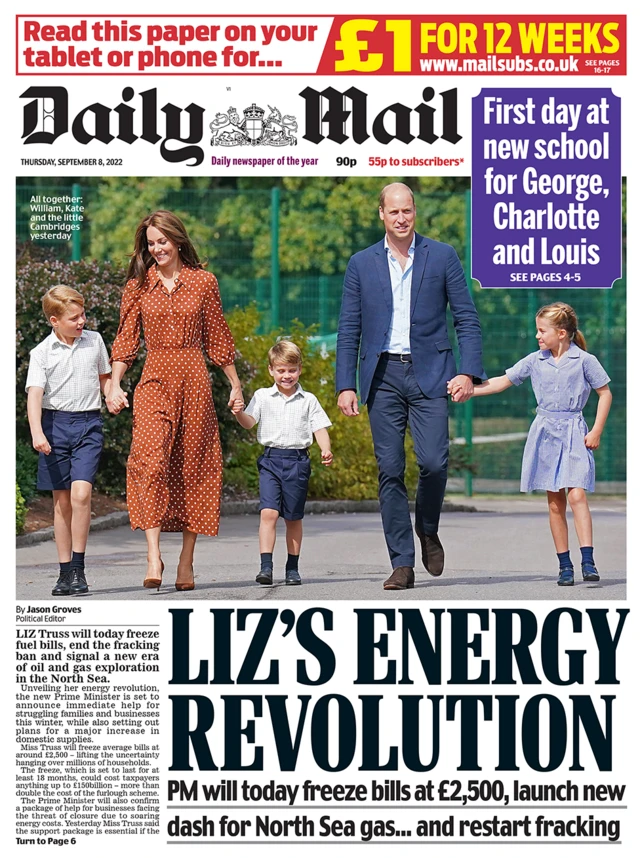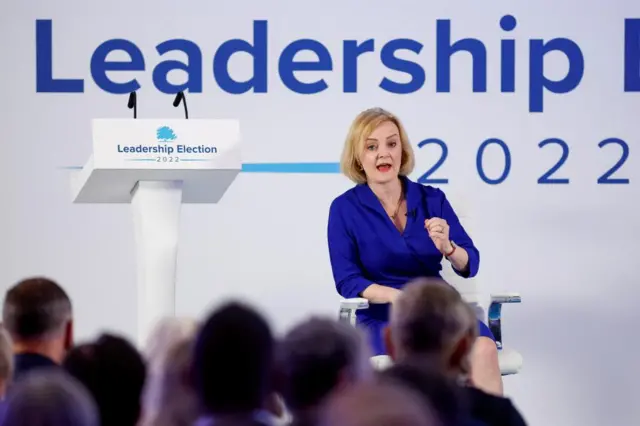Crucial question about who pays for energy bills freeze - Milibandpublished at 07:30 BST 8 September 2022
Labour's Shadow Secretary of State for Climate Change Ed Miliband says that although he would welcome a freeze on energy bills, there is a crucial question about who pays for it.
"We know from the Treasury that there are £170bn of excess profits being made by the energy companies. We believe a windfall tax must be part of the solution to that, that is the fair thing to do, that is the right thing to do," he tells the BBC.
Prime Minister Liz Truss's government is expected to borrow money in order to pay for the energy price cap.
"I am afraid that Liz Truss is making a terrible mistake by setting her face against that, because in the end, higher borrowing will have to be paid for somehow and it will end up falling back on the British people, and she's leaving money on the table that these companies are making," Miliband says.
Allow X content?
This article contains content provided by X. We ask for your permission before anything is loaded, as they may be using cookies and other technologies. You may want to read X’s cookie policy, external and privacy policy, external before accepting. To view this content choose ‘accept and continue’.


